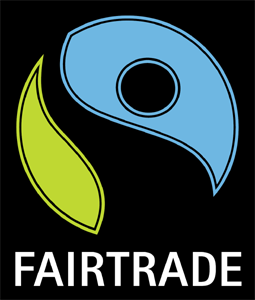In your time spent as a consumer, you’ve probably seen items labeled ‘fair trade,’ or ‘fair trade certified.’ You likely have a general idea of what this means; that one thing is being traded for another, and the terms of doing so are fair for everyone involved. What is it specifically, though, that makes something fair trade?
At its core, fair trade is an idea. It allows producers in developing countries to sell their products at a fair price, helps to keep their products sustainable, and makes sure their workers are being treated fairly. It’s a sort of partnership which aims to make sure that no one is being taken advantage of.
One of the main groups supporting this idea is the World Fair Trade Organization. Here are their 10 Principles of Fair Trade:
- Create opportunities for economically disadvantaged producers, which helps to increase quality of life and reduce poverty in their region
- Transparency and accountability with management, commercial dealings, employees, and producers.
- Fair trading practices, always keeping in mind the well-being of the producers (socially, economically, and environmentally).
- Payment of a fair price, which has been agreed upon mutually.
- Ensuring no child and/or forced labor.
- Non discrimination in regards to things such as race, religion, sexual orientation, or disability.
- Good working conditions; the producer must maintain a healthy and safe environment for its workers.
- Providing capacity building (helping employees, management, etc. to develop their skills).
- Promoting fair trade.
- Respect for the environment, maximizing the use of sustainable materials, buying locally, reducing energy consumption, and more.
In addition to fair trade being an idea, products can also be fair trade certified by groups such as Fairtrade International (a non-profit organization). There are different sorts of standards which vary depending upon your role in the process (if you are a producer, you are subject to different standards than the buyer).
In order to obtain certification, there is a list of mandatory criteria that needs to be met and upheld, such as purchasing at a minimum price and keeping their dealings transparent. If the company meets all of the necessary standards, they may apply for a license. This allows them to put the fairtrade certification mark on their product. Companies using this mark will be audited annually, making sure they are still in compliance with all fair trade standards.
Products that can be fair trade certified include: bananas, cocoa, coffee, cotton, flowers, fresh fruit, honey, gold, juices, rice, spices and herbs, sports balls, sugar, tea, wine, and certain composite products (products that contain more than one ingredient).
*Some people take issue with fairtrade in practice; this topic will be covered at a later date.

